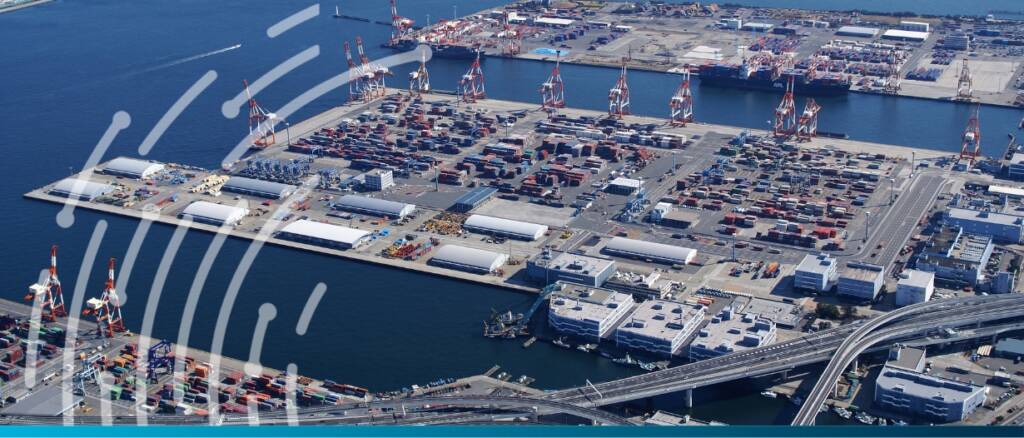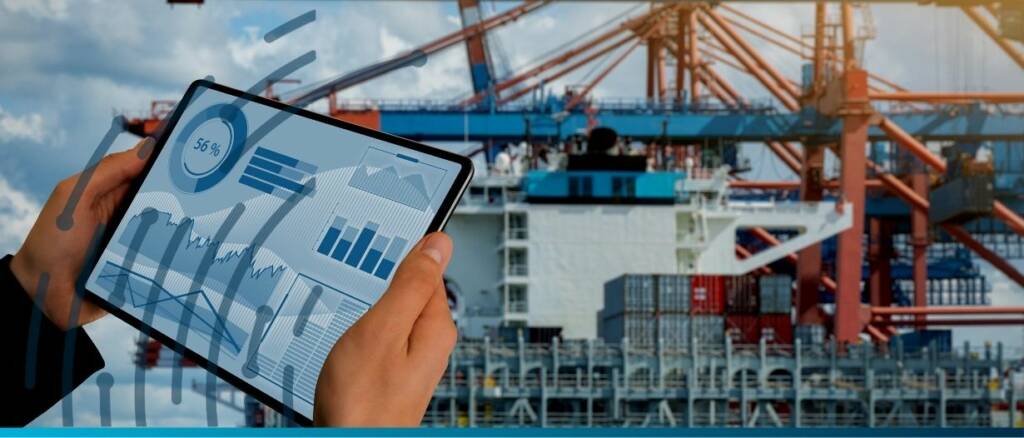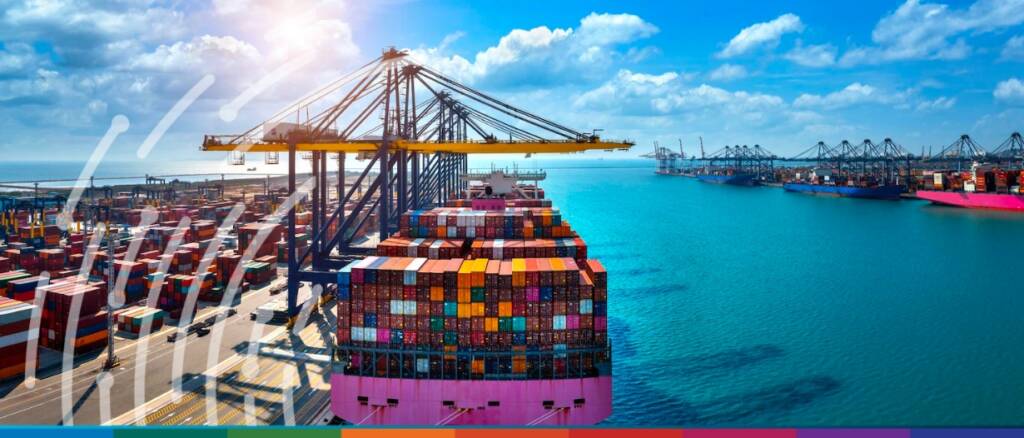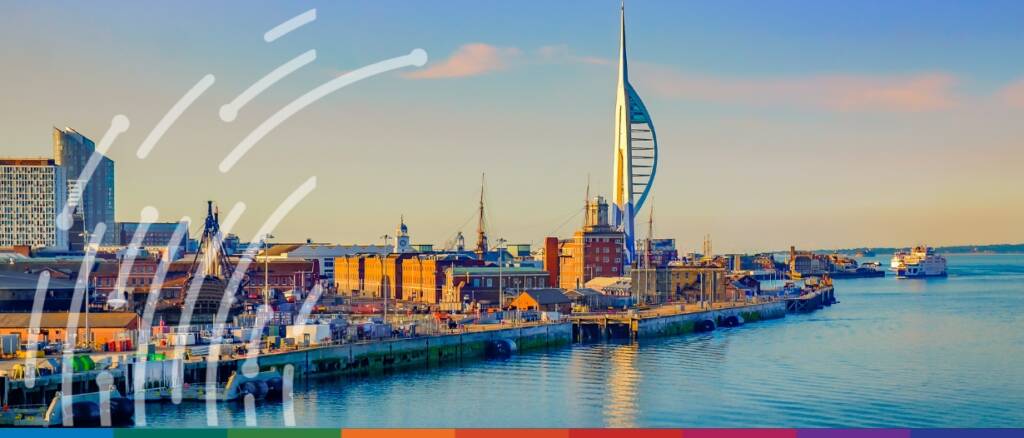For many SMEs, the financing gap is always a major concern. It is reported that financing shortages count for more than half of SMEs’ problems. This issue is important for national policymakers, and financiers, as SMEs are major drivers of economic growth, employment, and social development in all economies, but especially in developing countries.
The Court of Appeal in England has decided in MUR Shipping BV v. RTI Ltd [2022] EWCA Civ 1406 (27 October 2022) that sometimes a party must accept payment in Euros, even though the contract expressly stipulated payment to be made in US Dollars. Although the case is not about independent undertakings, DCW readers might ask if the decision could have implications for letters of credit and demand guarantees.
At the end of March, Lloyds Bank released its latest report exploring supply chain resiliency across the global market. The report comes as internationally operating firms continue to face the… read more →
The Port of Los Angeles has entered into separate Memorandum of Understandings (MOUs) with the Port of Tokyo and the Port of Yokohama – to formally collaborate on sustainability and… read more →
Today the Digital Container Shipping Association (DCSA) announced a commitment for its members to transition from paper bills of lading to electronic bills of lading by 2030. The switch is… read more →
The European Bank of Reconstruction and Development’s (EBRD) Trade Facilitation Programme (TFP) supported its highest ever number of transactions in a single year in 2022. The programme facilitated 1,768 transactions… read more →
Presented by the Digital Standards Initiative (DSI) of the International Chamber of Commerce (ICC), TFG are delighted to announce a partnership with the Future Trade Forum, a global conference, technology… read more →
As 2023 unfolds, shippers are experiencing signs of relief from the supply chain upheaval over the past few years. U.S. container imports in December continued to close in on 2019 volumes, port delays continued to improve, the maritime capacity crunch has eased, and ocean shipping rates have approached pre-pandemic levels.
Trade sanctions are among the many tactics resorted to by the international community in order to compel a state to comply with its human rights obligation.
Large national infrastructure projects have rarely been delivered at the pace of the UK Freeport programme; in March 2020, the government launched its consultation document, and in March 2021 it was announced that, subject to completing the necessary authorisation processes, the above eight locations would become Freeports.
























